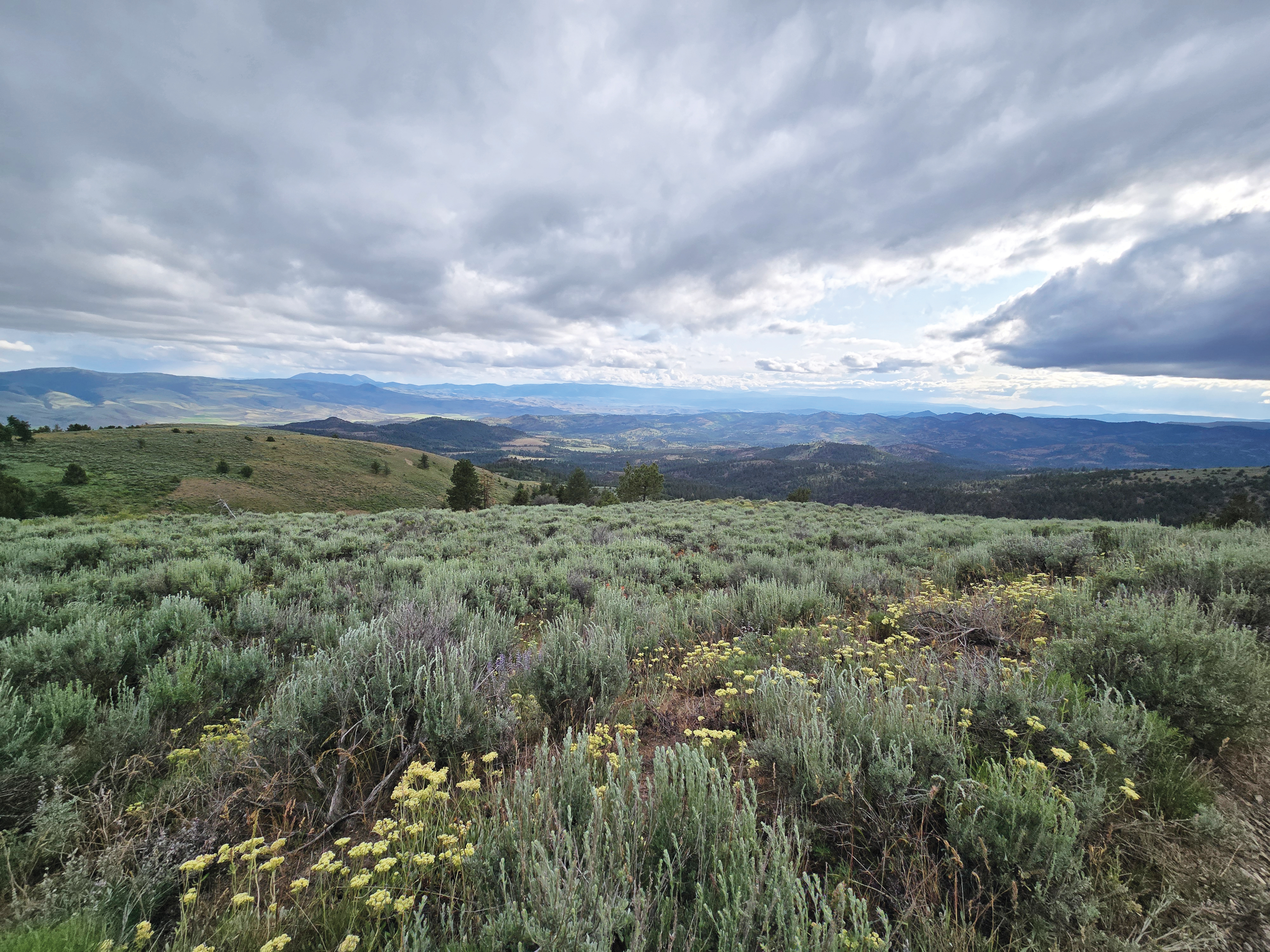DEMOCRATS: Elect Leaders who support economic justice
Published 10:48 am Friday, October 11, 2019
What are the best steps to help hungry children in Union County?
Polling shows Democrats, Independents, Republicans, men, women and voters from all parts of the country think that hunger is a serious problem and are interested in ending it. Many of us would even define ending hunger as a moral imperative.
Why then did more than 187,000 Oregon households experience “food insecurity” and more than 81,000 of them experience “very low food insecurity” on average during 2016-2018?
Part of the answer is that many of our neighbors live in households that are poor and simply don’t earn or receive enough income to afford to buy adequate food. Oregon’s poverty rate in 2018 was 12.6%. Oregon’s child poverty rate was 15.8%. Employment at a living wage is the first line of defense against hunger.
Most Oregonians who are able to work — who are not too young, too old, too ill — are employed but are too often challenged by costly housing, child care and other expenses that compete with the purchase of food.
Another part of the answer to why people are hungry is, in the words of Art Simon, that “hunger thrives on the racial, social, and economic extremes that are eating away at the soul of our nation and are pulling us apart.” In “Silence Can Kill: Speaking Up to End Hunger and Make Our Economy Work for Everybody,” Simon points out that millions of Americans contribute to charity through soup kitchens, food drives and pantries yet remain enablers of hunger through their silence as citizens. Government programs, he says, do far more than charity does to erase hunger.
Can charity solve hunger? Let’s take a look at Union County. What are we doing to help hungry children? What else do we need to do?
Community Connection of Northeast Oregon is the regional food bank for four counties. It distributes food to 18 food banks and several harvest share and fresh alliance sites. Its 2017 IRS 990 form reports receiving $903,395 in in-kind commodities, produce and Second Harvest foods for distribution. Seven of those food banks are in Union County. Let’s assume $500,000 worth of food is distributed here in Union County contributed through Community Connection, the scouts, the postal service and Les Schwab and other food drives, our religious and social organizations, back-pack programs, holiday food baskets. A half-million dollars is a lot of charity.
But charity alone cannot end hunger. Charity must be partnered with justice through the taxes we pay to fund public anti-hunger programs. We do far more to reduce hunger through our taxes — our membership fees for participating in a just society — than we can through individual acts of charity.
Union County residents receive more than $347 million dollars in federal food assistance — school lunches, $115.5 million; school breakfasts, $38.7 million; SNAP/food stamps, $78.1 million; summer nutrition program, $5 million; WIC, $63.8 million; child and adult food care, $36.8 million; the emergency food assistance program, $8.8 million; commodity supplemental food program, $0.6 million.
Ending childhood hunger in Union County means making the United States a nation in which all people have the adequate and nutritious food they need. This is an achievable goal. Important steps include: (1) Creating jobs, raising wages, increasing opportunity and sharing prosperity; (2) Improving government income-support programs for struggling families; (3) Strengthening SNAP and Child Nutrition Programs; (5) Working with states, localities and nonprofits to expand and improve participation in federal nutrition programs; and (6) Building political will.
Silence is a political act. We must reject silence, speak truth to power and act on behalf of hungry neighbors. Persons of good will — that should be all of us — need to choose active citizenship and work to end hunger by electing leaders who support economic justice, who strengthen rather than shred social safety-net programs.
We know the outcome of elections has a bigger impact on the poor than on the rest of us. Knowing that makes voting to end hunger a moral decision.
(All data are from the Food Research and Action Center.)






